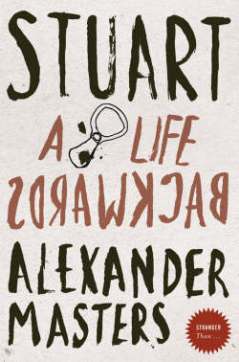Here is my review for Watchmen by Alan Moore and Dave Gibbons on Goodreads:

It’s nice to read a graphic novel that is just a story in its own right. An actual graphic novel that starts and ends, like a novel. Let alone how it also has a consistent artist (Dave Gibbons) throughout the whole series, which is what also makes Watchmen superior to its peers.
A look into ‘superhero realism’ is what this story is. What would superheroes/vigilantes really be like if they were importantly present in society? Would they be the loveable heroes we normally read about, or would they be psychopathic, rapist, deluded, impassive monsters? Probably the latter. And that is why Watchmen is so incredibly readable. Unlike most comics I have read, I actually felt like I was in a realistic (but definitely not idealistic) universe, where people are as complex and twisted as they are in real life.
Unlike most writers of graphic novels, Alan Moore does not hold back on the brutality that vigilantism would have to stoop down to for success at combating the criminal underworld. This psycho-thriller is a definite must-read.
Characterisation is great, and you get a feel of each character through each chapter, seemingly showing the importance each character plays in the world. There’s also a great twist (better than the movie’s version), made poignant by its profound profanity and harrowing truth.
There are annoying bits, such as the pirate comic’s non-sequitur (I found myself sighing every time it interrupted the bloody tense bits), but I also understand why it was included, serving an important message for a development later on that makes the event, when it arrives, even more meaningful. By providing us with moments such as the pirate comic, and also the monologues of the news vendor, we are given even more realism, but most importantly a reflection of public opinion and mood.
The graphic novel delivers many poignant messages and digs deep into the misdemeanours of cold war society, yet still stays relevant to modern day. I found myself bursting through page and page of beautiful artwork, passionate dialogue, and carefully and cleverly-crafted letters/extracts/articles that add context to the thrill. The ending is also brilliant, but I didn’t quite understand why until I saw the film, which I also loved, but that’s just my lack of perception, rather than poor craft.
You can view all of my Goodreads review here.






